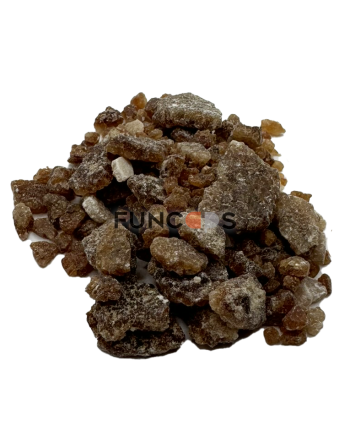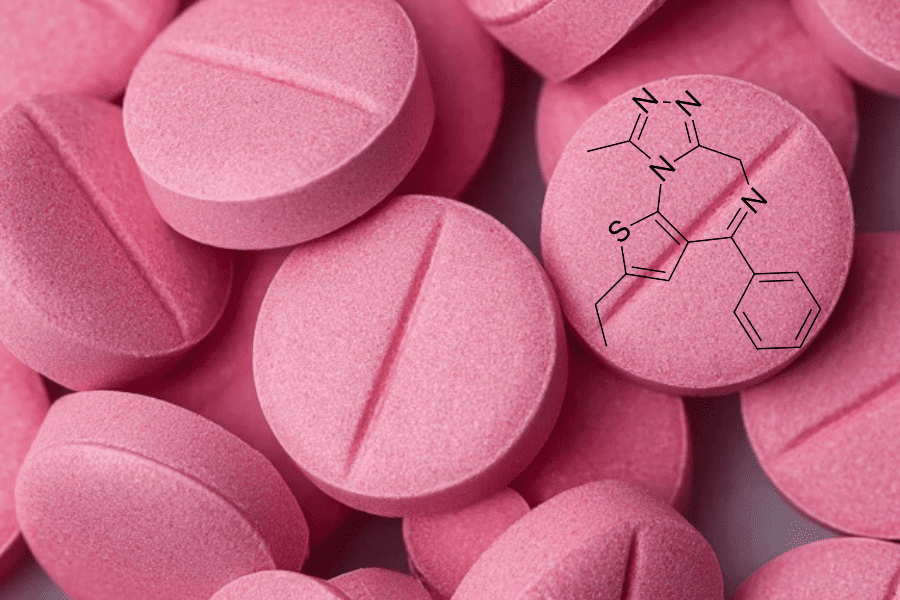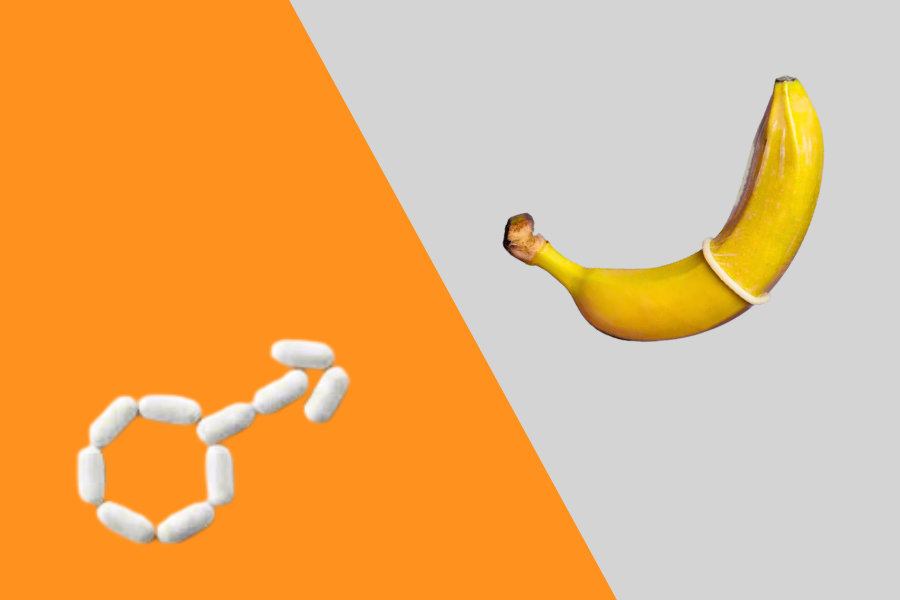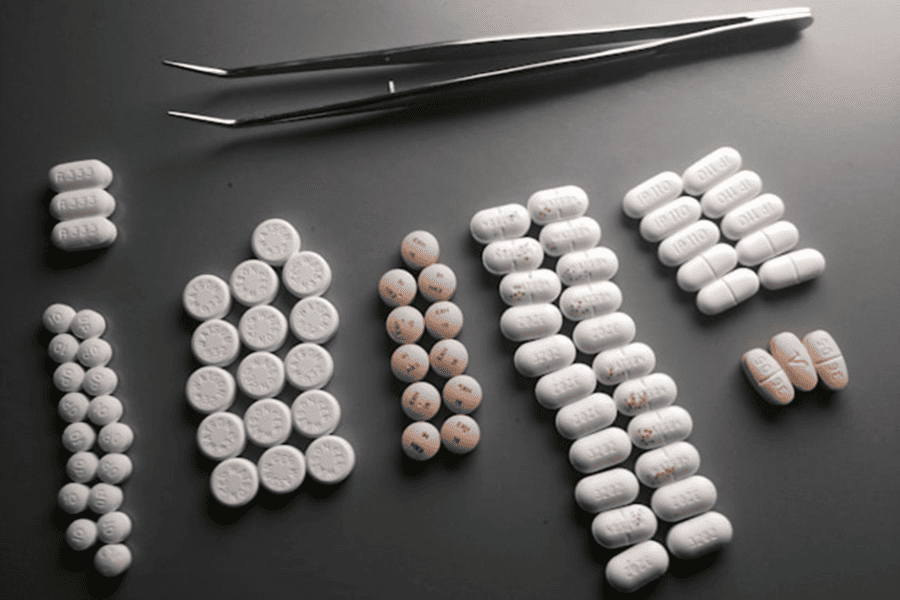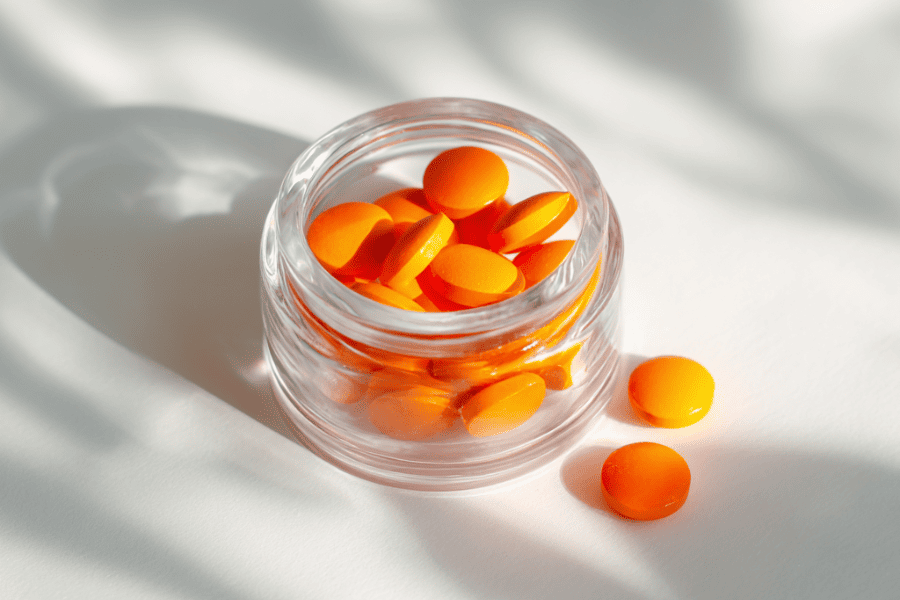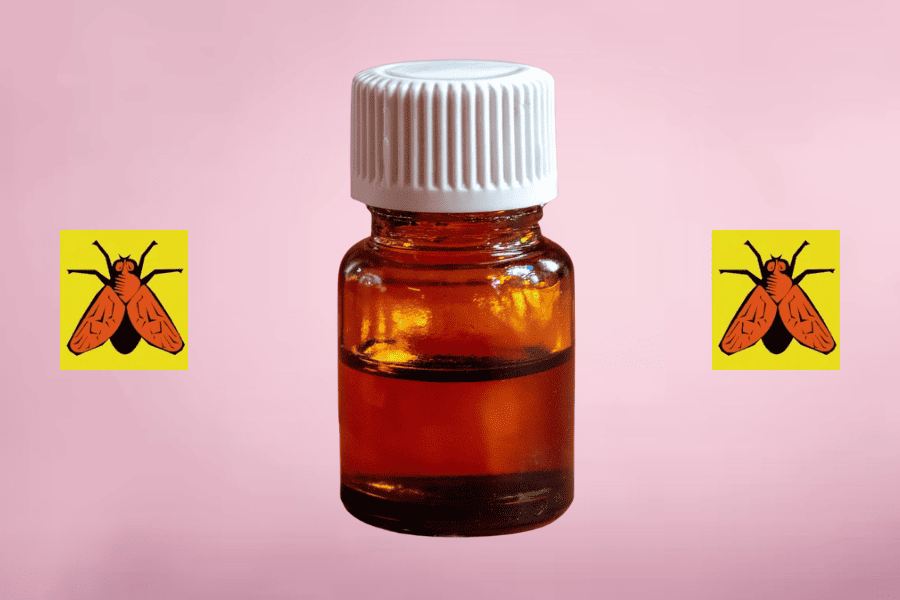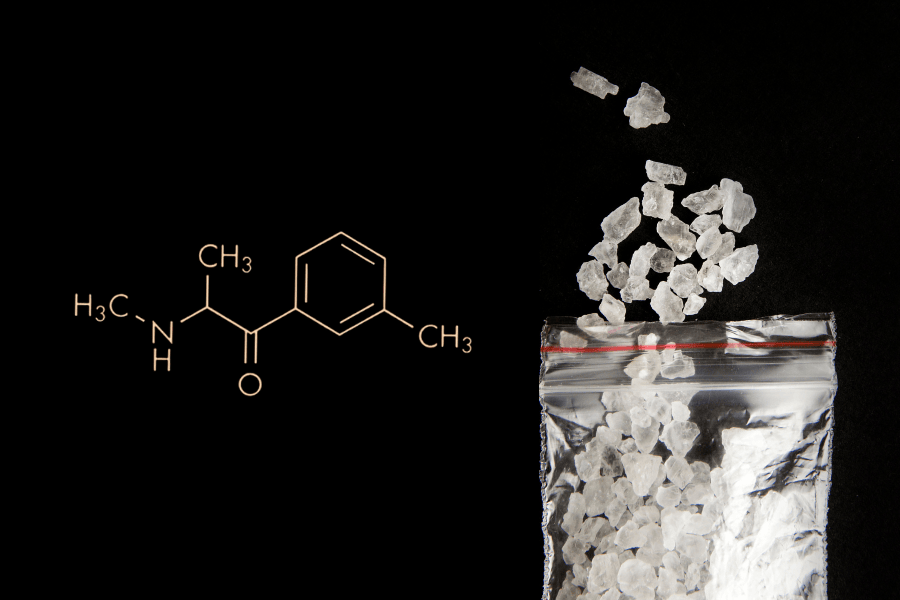3-HO-PCP experiences: insights from users and researchers
- Funcaps
- Blogs about research chemicals
- 21 Dec 2024
- 19views
- Reading time: 4 minutes

3-HO-PCP, an abbreviation for 3-Hydroxyphencyclidine, is a research chemical belonging to the arylcyclohexylamine family. This is the same class of substances that ketamine and PCP (phencyclidine) also belong to. What makes 3-HO-PCP unique are the strong dissociative and sometimes even psychedelic effects it offers. Researchers and users describe it as a complex substance with powerful effects on both body and mind. In this blog, we take a closer look at what 3-HO-PCP is, how it works, and the average experiences of people who have used it in research settings. We also discuss its duration of action, possible side effects and safety precautions.
Translated with DeepL.com (free version)
Experiences with 3-HO-PCP
Users and researchers report diverse experiences with 3-HO-PCP, which are highly dependent on dosage, setting and personal sensitivity.
Positive experiences often include deep introspection and heightened awareness, with users experiencing reflection and insight into themselves. Euphoria is also reported, with a warm, blissful feeling probably related to the substance's influence on opioid receptors. Dissociation is a common effect, ranging from a slight separation of body and mind to a complete disconnection from the physical world, similar to a ‘K-hole’. Some also describe enhanced creativity, feeling more connected to their thoughts and ideas, leading to creative insights.
On the other hand, negative experiences also occur. At higher doses, cognitive confusion can occur, making it difficult to think logically. Anxiety and paranoia are sometimes reported, especially in uncomfortable settings or among inexperienced users. In extreme cases, the feeling of dissociation can be so strong that users have difficulty distinguishing reality. In addition, physical side effects such as dry mouth, nausea and increased heart rate are mentioned. Clearly, experiences with 3-HO-PCP can vary widely, and a safe, controlled environment is important when researching this substance.
What is 3-HO-PCP?
3-HO-PCP is a synthetic substance derived from PCP. It is often described as a dissociative agent with unique properties that also overlap with psychedelics. It was originally developed for research on NMDA receptors in the brain, which are involved in processes such as pain, memory and consciousness. It is more potent than many other dissociatives, such as ketamine, and offers a more intense experience. It is sold as a research chemical and is intended for research purposes. In most countries, its use for human consumption is illegal.
How does 3-HO-PCP work?
3-HO-PCP works by blocking NMDA receptors in the brain. This leads to the dissociative effects known from this class of substances. Users may feel detached from their body or environment, which can lead to deep introspection or distorted perceptions of time and space. What makes 3-HO-PCP special is that it also affects mu-opioid receptors. This can lead to feelings of euphoria or a calming effect, properties not often seen with other dissociatives.
How long does 3-HO-PCP work?
The duration of action of 3-HO-PCP is longer than that of many other dissociatives. This makes it important to plan your time well when examining this substance.
- Effects begin within 15-30 minutes after ingestion, depending on the method of administration.
- The peak is reached after 1-2 hours and can last for 4-6 hours.
- Users often report an ‘afterglow’ that can last for 6-12 hours, feeling relaxed or introspective.
How to handle 3-HO-PCP safely?
Given the potency of 3-HO-PCP, caution is essential when working with it. Here are some guidelines for safe research:
- Always start with a minimal amount to see how your body and mind react.
- 1-3 mg (mild effects)
- 3-5 mg (noticeable dissociation and introspection)
- 5+ mg (intense dissociation, suitable for experienced researchers)
- Provide a quiet, comfortable room without distractions.
- Do not mix 3-HO-PCP with alcohol, other drugs or medications. This can lead to unpredictable and dangerous reactions.
- If you are investigating a high dose, it is wise to have a sober person present to help if needed.
- Drink plenty of water, but don't overdo it.
- Due to the long duration of action of 3-HO-PCP, it is important not to re-dose before the effects have fully worn off.
3-HO-PCP is a potent research chemical with a unique blend of dissociative and euphoric properties. It offers interesting opportunities for research, but must be treated with respect and responsibility. If you decide to research 3-HO-PCP, make sure you are well informed, take the right precautions and work in a safe environment. With the right approach, this substance can offer valuable insights into how dissociatives work and their impact on consciousness.
Related Posts
